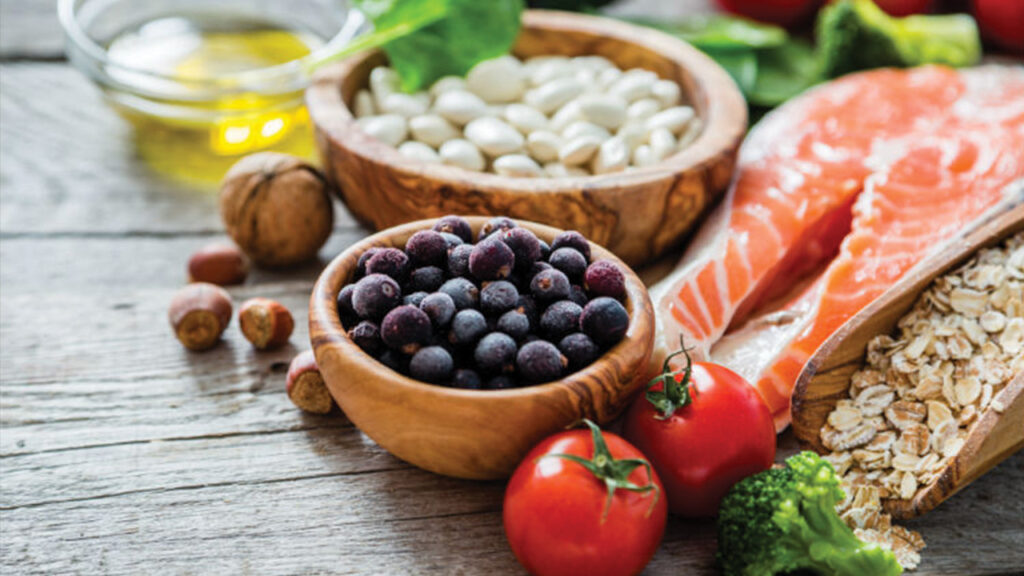Choosing a healthy diet is the correct choice at any age, but growing older, it can protect you from chronic diseases and stay younger as long as possible.
How you eat as an older person will also vary depending on your gender: older men have different nutritional needs from older women. You have to be aware of your specific nutrition needs and adjust your food choices in order to fuel your body with exactly what it needs.
If you need help with choosing or preparing healthy food, you can contact MyLife Choice and our specialists would be glad to help you with your needs.

To stay healthy at your beautiful age, you should:
- Eat food that gives you lots of nutrients without having extra calories. Pay attention to bright fruit and vegetables, beans, nuts and seeds. Prefer eating wholegrain food and one that is high in fibre, it will help with a healthy digestive tract.
- Choose fat-free or low-fat milk and cheese, try greek yogurt, or plant milk (soy or rice) that has added vitamin D and calcium.
- Eat a lot of seafood, and fish that is rich in omega 3, lean meats and poultry, and don’t forget about eggs as a source of protein.
- Drink enough water, so you don’t get dehydrated. With age, you may lose your sense of thirst, but you have to remember that water is life and drink six to eight cups of water a day. Also, remember that taking certain medicines requires drinking a lot of liquid throughout the day.
Eating healthy may be challenging for some people, but you can design certain rituals and habits to make the process more satisfying. You can try eating in company, with friends, organising brunch with a friend, or visiting some community centres for lunch. Add more colours and different textures to your meal it will be more appealing and more interesting to eat.

Foods to avoid and why
Good eating habits are key to a healthy life, so when you choose what to buy in the store, or what to order in the restaurant, there are some things you also need to remember and avoid in your food.
- Avoid empty calories. Quick snacks like chips, candy, pastry, and soda are delicious no doubt, but they have tons of calories while having few nutrients.
- No saturated fat and trans fat. Saturated fat may be found in pastries, cakes, processed meats, and fried foods. Trans fat is processed fats in stick margarine and vegetable shortening. Consumption of these products may lead to clogged arteries and bad cholesterol levels.
- Salt. It can make your food incredibly tasty, but it is also one of the worst substances for your heart. Sodium can increase a person’s risk of stroke and heart disease. Opt for healthier alternatives, which means keeping consumption of processed foods (e.g. fast food) to a bare minimum.
- Limit the amount of alcohol. You still can have it on occasion but it is better to keep it to a minimum.
Fresh, nutritious, whole foods are often more expensive than processed, packaged foods. If you’re on a tight budget, there are ways to make it easier to stick to healthy eating guidelines. You can make a healthy eating plan ahead of time, make smart choices and stretch your budget since you are buying only the products that you need.
And remember, it is not that hard to live a healthy life, you just need to try!

